23. Road Movie Trilogy (Wim Wenders, 1974)
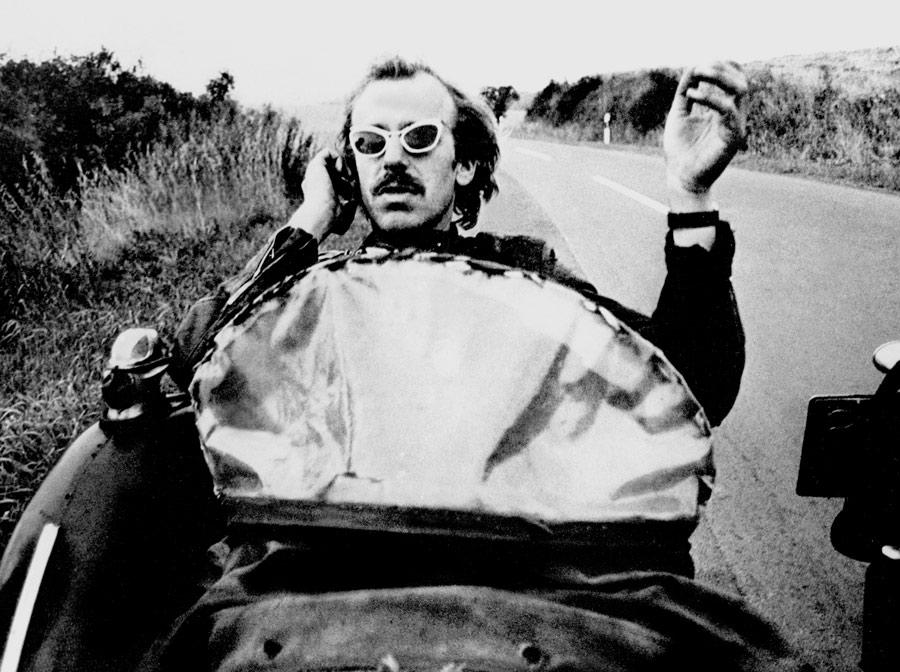
“Road Movie Trilogy” features Rüdiger Vogler as the lead actor, portraying at least one of the main characters. The films deal with humanity and life, with adversity and new beginnings. Director Wim Wenders mostly used black-and-white technology to film these movies. The trilogy has been referred to by critics as “unforgettable” and “breathtaking”, despite the slow-paced action of the three movies.
After a terrible ordeal, or to find a new life or beginning, the characters set out on a journey that might change their lives. The philosophical intake of the trilogy might not be as attractive as other fast-paced films, but the genial writing combined with excellent acting, mainly from Rüdiger Vogler, give these movies a status of cinematographic rarity like no other. The trilogy is divided into “Alice in den Städten”, “Falsche Bewegung” and “Im Lauf der Zeit”, with the first film being my favorite of all three releases.
Also by the same director, check out Der amerikanische Freund (1977).
22. Angst essen Seele auf (R. W. Fassbinder, 1974)
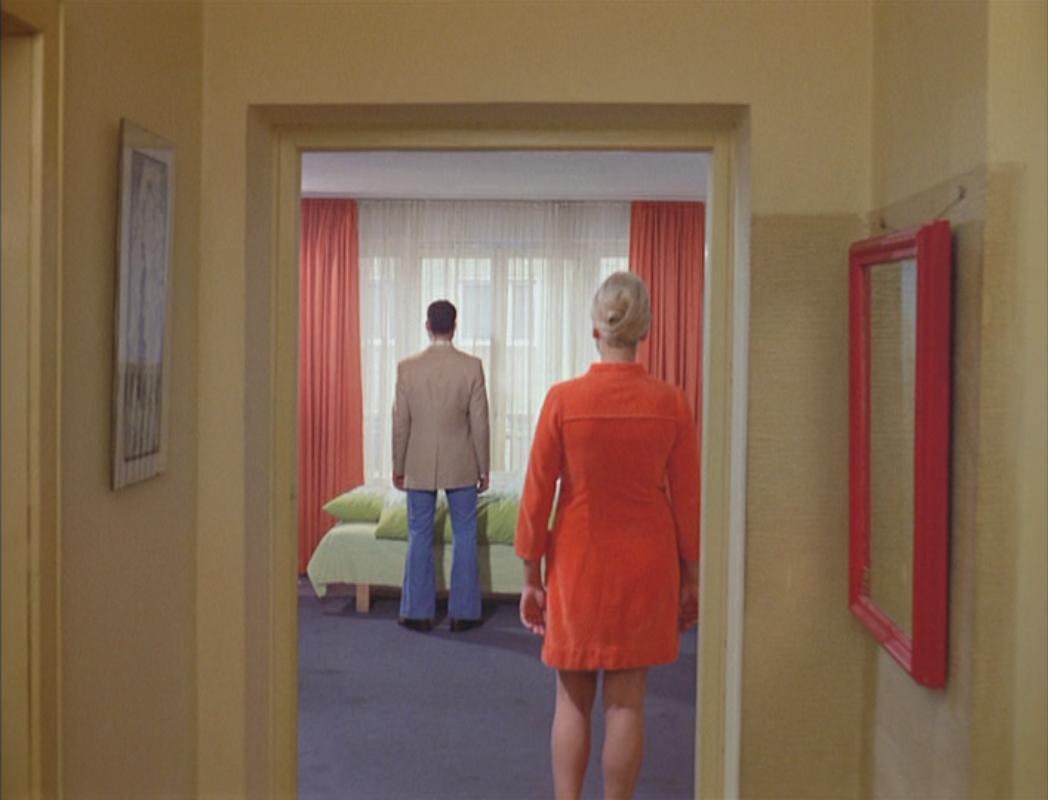
This was one of Fassbinder’s most polemic releases, approaching the difficult subject of interracial love between a man and a woman with a big age difference. Many consider the film a masterpiece and one of the most daring and powerful releases of all time, speaking on a theme that caught everyone by surprise, mainly by the way the director approaches the film. “Angst essen Seele auf”(in English, “Fear Eats the Soul”) won two awards at the 1974 Cannes Films Festival.
By accident, an Arabic man falls in love with a woman who is 20 or 30 years older than him. This causes people everyone to rebel against them, including the woman’s children who are already married. It’s Fassbinder’s way to reenact the problem of racism and the disease it provokes in everyone.
Despite the overly dramatic intent of the director, “Angst essen Seele auf” completely revolutionized the film industry with its approach to such a difficult theme. As always, Fassbinder wants to surprise the viewers, releasing a polemic and controversial movie, as was his custom.
21. Das Leben der Anderen (Florian Donnersmarck, 2006)
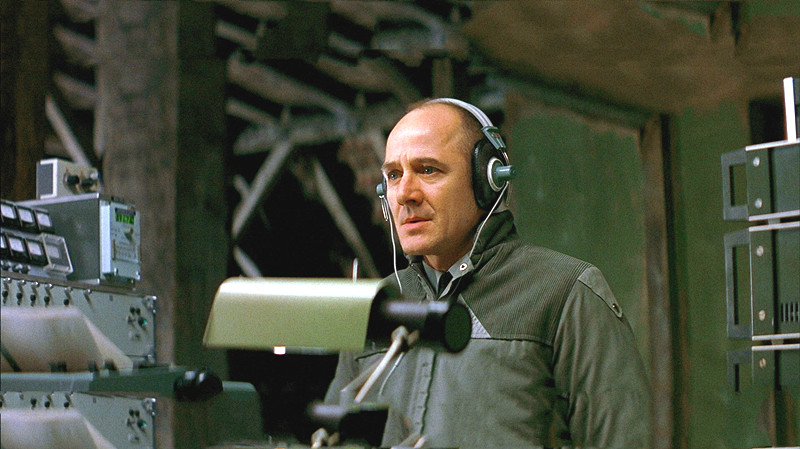
It was and still is one of the most decorated films in the German film industry with several awards, including the Academy Award for Best Foreign Language Film, and was also considered one of the best movies of the year by several magazines and critics. It tells the story of Gerd Wiesler, a captain of the East German regime, whose job is to spy on the lives of others.
The movie’s greatest feature is its degree of humanity, mainly from the main character played by Ulrich Mühe. Wiesler becomes increasingly absorbed and hooked on the lives of a writer and his lover, leading to a fatal ending with Wiesler’s own redemption and sorrow.
The movie was highly praised for its degree of humanity, as mentioned above, but also for its degree of credibility and factuality, which augmented the film’s quality and overall reception. It portrays the idealism of East Germany, mainly represented by the monitoring of East Berlin residents, and takes the viewer back to one of the darkest eras of our time, before the reunification of Germany.
20. Sophie Scholl (Marc Rothemund, 2005)
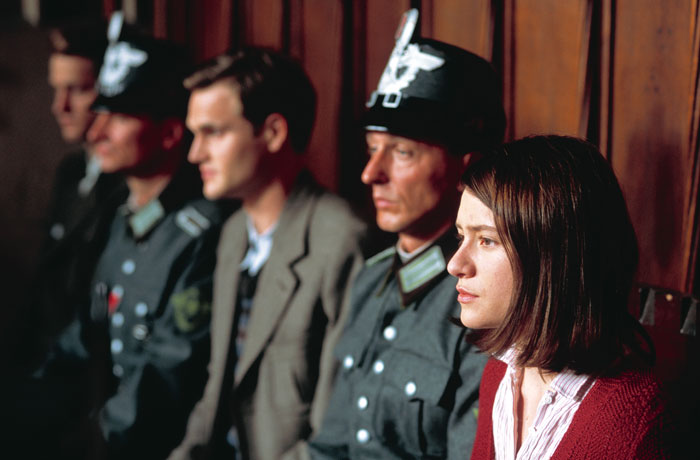
This is another movie based on real events, and on the life of Sophie Scholl, a political activist who fought against Hitler and the Nazi regime. She was a member of the anti-Nazi resistance group, White Rose, which scared and underhandedly caught the Nazi regime by surprise, spreading the truth of the regime to the increasingly large number of people who believed in the cause against the Social-Nationalism. The movie itself received an Oscar nomination and won two Silver Bear awards.
Contrary to some of the war movies listed here, “Sophie Scholl” doesn’t show the aggressiveness and violence that were consequences of World War II, but rather it shows the fight of the Resistance movement after being discovered by the Gestapo and Nazi police.
This might be considered the most recent version of the original movie, “Die weisse Rose”, released in 1982 and directed by Michael Verhoeven. It’s not one of the best all-around performances on this list, but it is still a much recognizable and fulfilling performance of one of Germany’s most courageous characters during the World War II.
19. Europa, Europa (Agnieszka Holland, 1990)
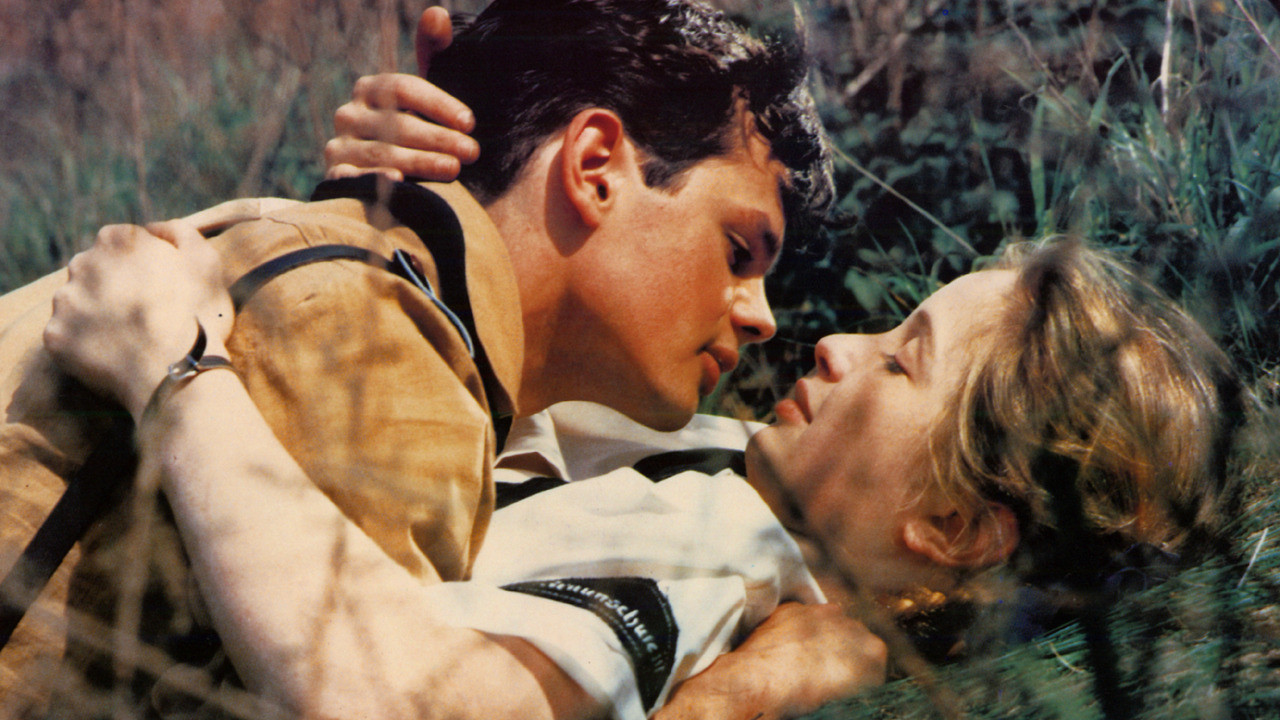
“Europa, Europa“ is based on a true story, despite its almost unbelievable reality. It tells the autobiography of Solomon Perel, a German Jewish teen who joins the Hitler Youth to conceal his identity and escape the wrath of the Nazis. Perel actually becomes one of the Youth’s most prominent boys, reaching a status of high respectability among his colleagues and officers in the German military.
The great dramatic point of this story is the fact that Perel started to actually believe, at certain points of the war, in the Nazi way, mostly because of how well he was treated by his new friends and partners. He doesn’t want to believe that the same group of people that accepted him into their group are in fact a group of mass murderers, incentivized by a mentally disturbed dictator and a diseased belief. The movie contains highly graphic content and above average performances, and was awarded several prizes.
18. Nirgendwo in Afrika (Caroline Link, 2001)
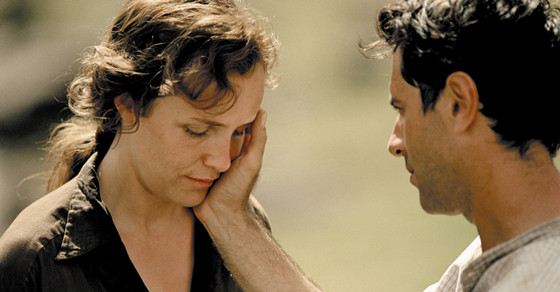
It’s not very often you see a German movie that exploits other cultures. “Nirgendwo in Afrika” does exactly that, telling the story of a German-Jewish family who lives in Kenya in order to escape the persecution of the Nazi Regime after 1933. The movie spans more than 10 years and covers the time before the war and after the war, with the rebirth of a new Germany that wanted to correct all the things done wrong in the past.
It’s a stunning and romantic film, receiving positive feedback, mostly enthusiastic while other feedback was less enthusiastic. I actually think that the movie is a bit long, and it would be better if it were perhaps 30 minutes shorter. The performances are outstanding and the way the characters grow older is impressively done. Also, the mix of races is a great contrast to the time lived during the film, opposing the situation lived in Germany in the 1930s and 40s.
17. Der Himmel über Berlin (Wim Wenders, 1987)
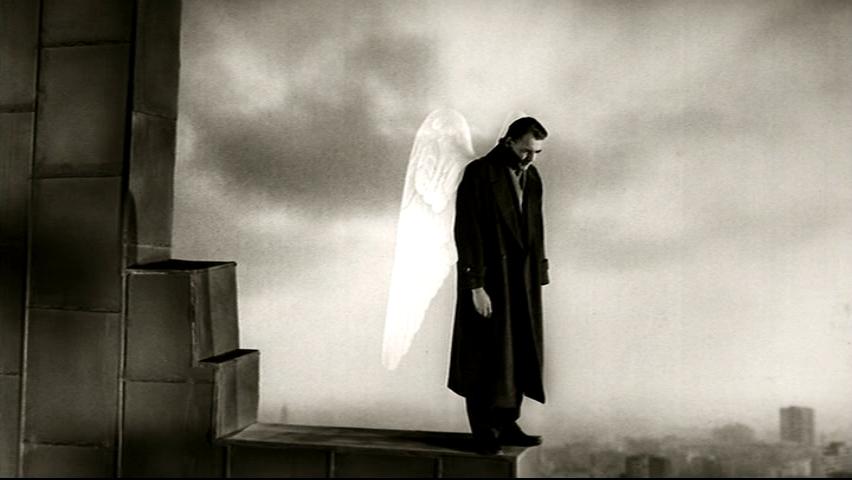
It reached a cult status after its release, and is considered one of the most influential and greatest movies of all time. It features Bruno Ganz, one of the most iconic actors of all time, playing the role of an angel who listens to the thoughts and distresses of the human inhabitants of Berlin.
This angel then falls in love with a trapeze artist, and starts to ponder his present state of life, wondering how it would be to become human and experience the same things humans experience. Along the road he meets a peculiar character, played by the iconic Peter Falk, who will teach him and reveal to him things from his past and some of the human race’s most intrinsic secrets.
It’s perhaps Wenders’ most epic release and earned several awards, despite being rejected as a nominee for the Academy Awards. The movie put Bruno Ganz as the ultimate symbol of representation with this release, solidifying his position as one of the most significant actors of the German film industry.
16. Die Ehe der Maria Braun (R. W. Fassbinder, 1979)
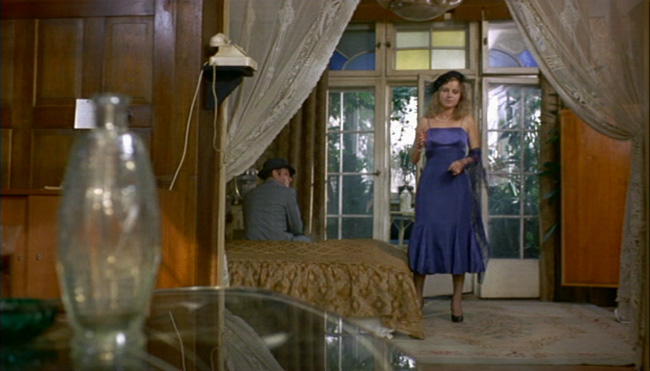
This is another one of Fassbinder’s trademark movies, exploiting controversial subjects in order to cause panic and discussion among the cinematographic industry. Despite not receiving an Oscar nomination, this release is one of Fassbinder’s greatest works, mostly evolved by Hanna Schygulla’s fantastic performance and controversially written storyline. The film was unfairly ‘awarded’, deserving many more awards than the one it received.
The film tells the story of Maria Braun, a woman who has to survive in postwar Germany, after receiving the news of the death of her husband in battle. Maria is mostly seen as an exploiter of people, despite her love for her husband; she acknowledges her love and justifies her actions out of love for her husband. In middle of the film, the plot suffers a twist that may surprise audiences and change the possible perspective one might have of this strange and seductive character.
Check out Veronika Voss (1982), also by the same director.